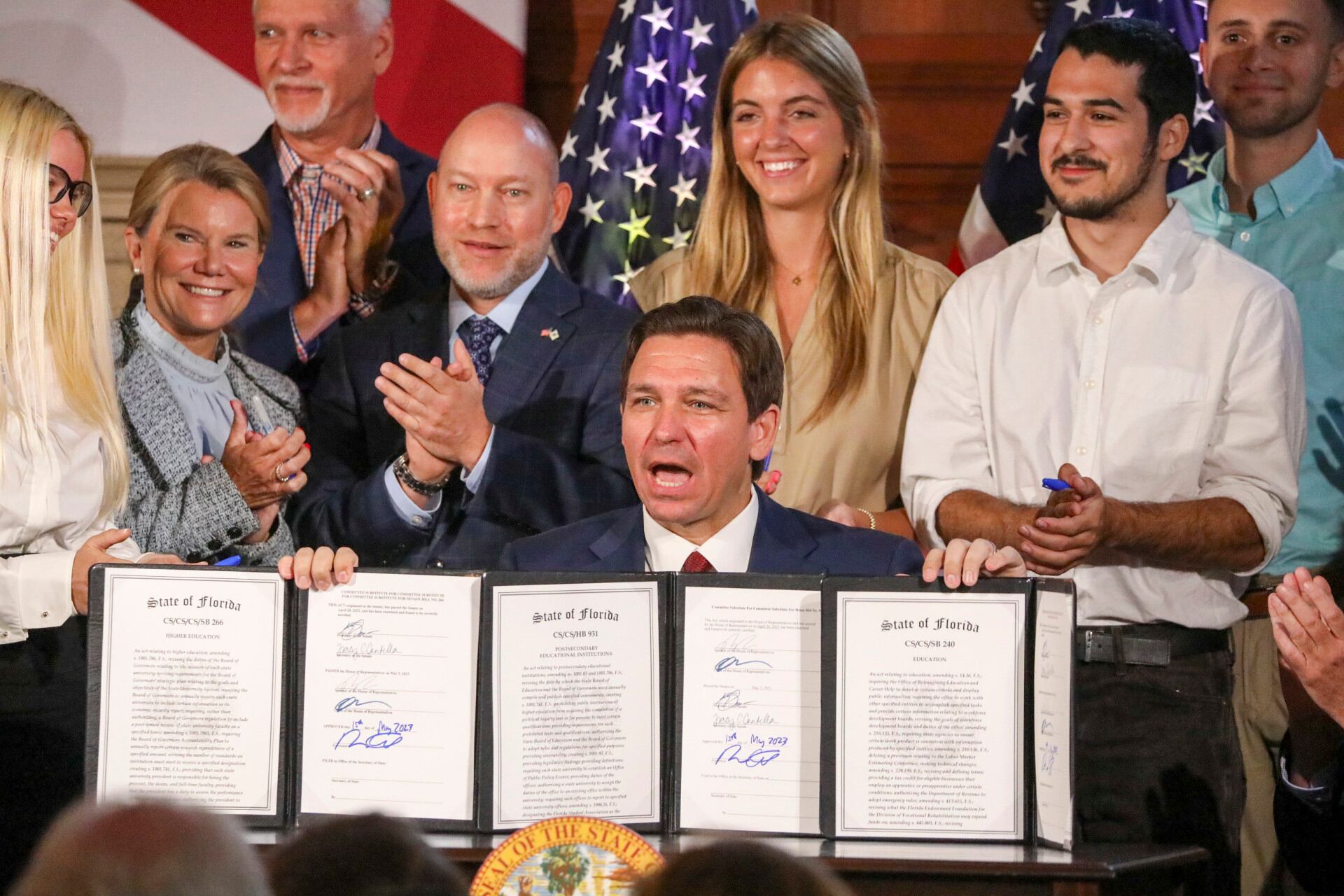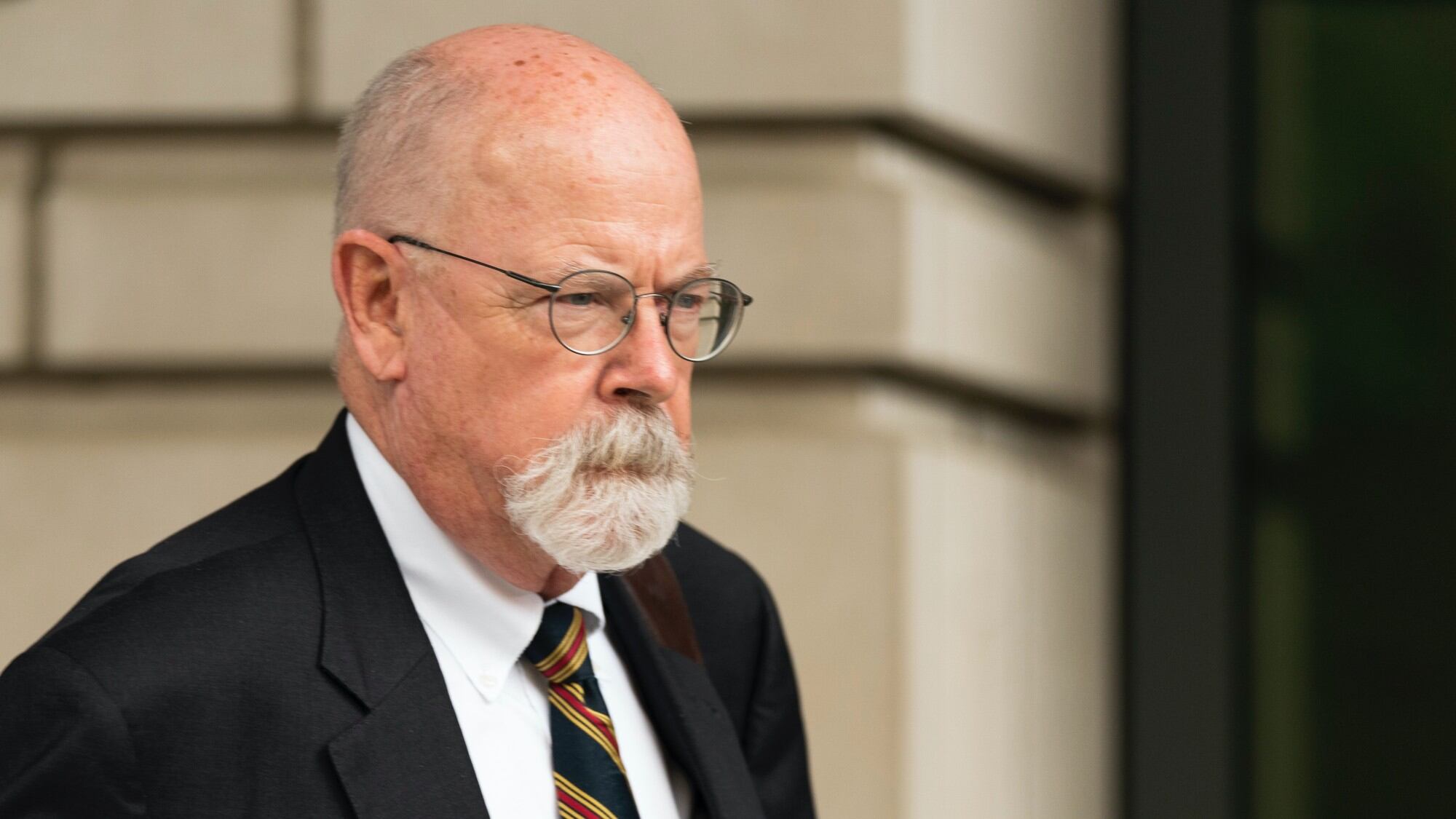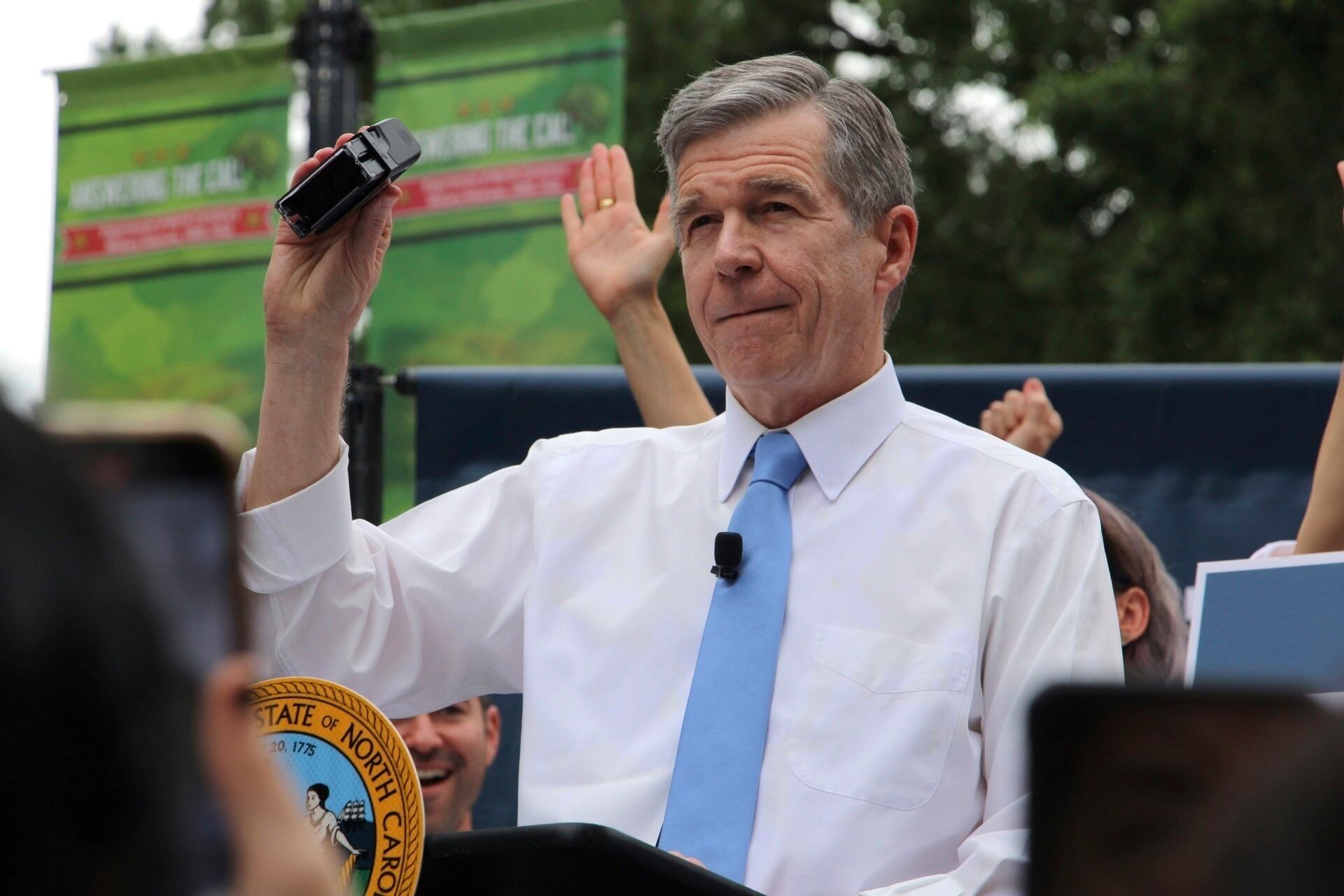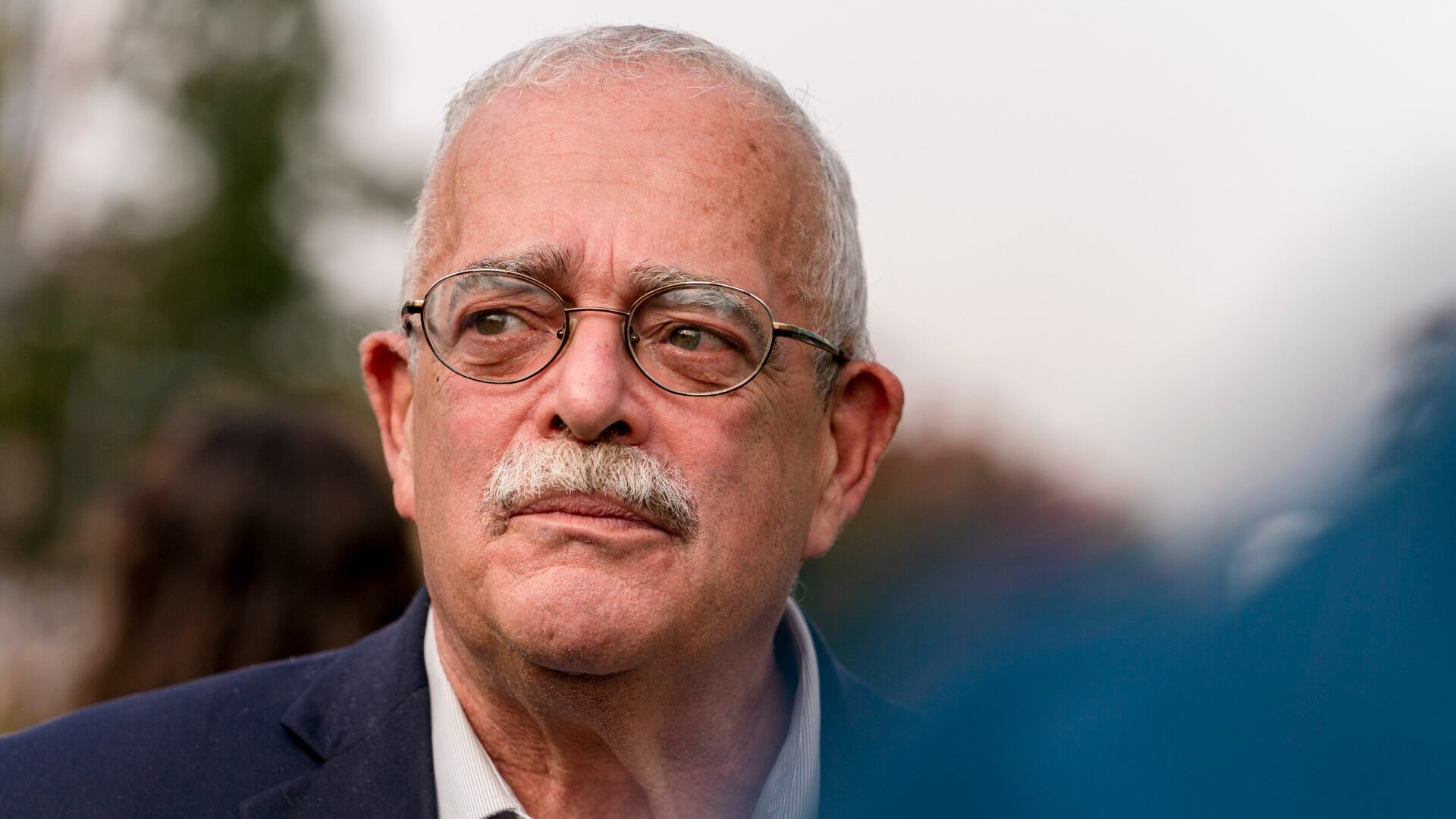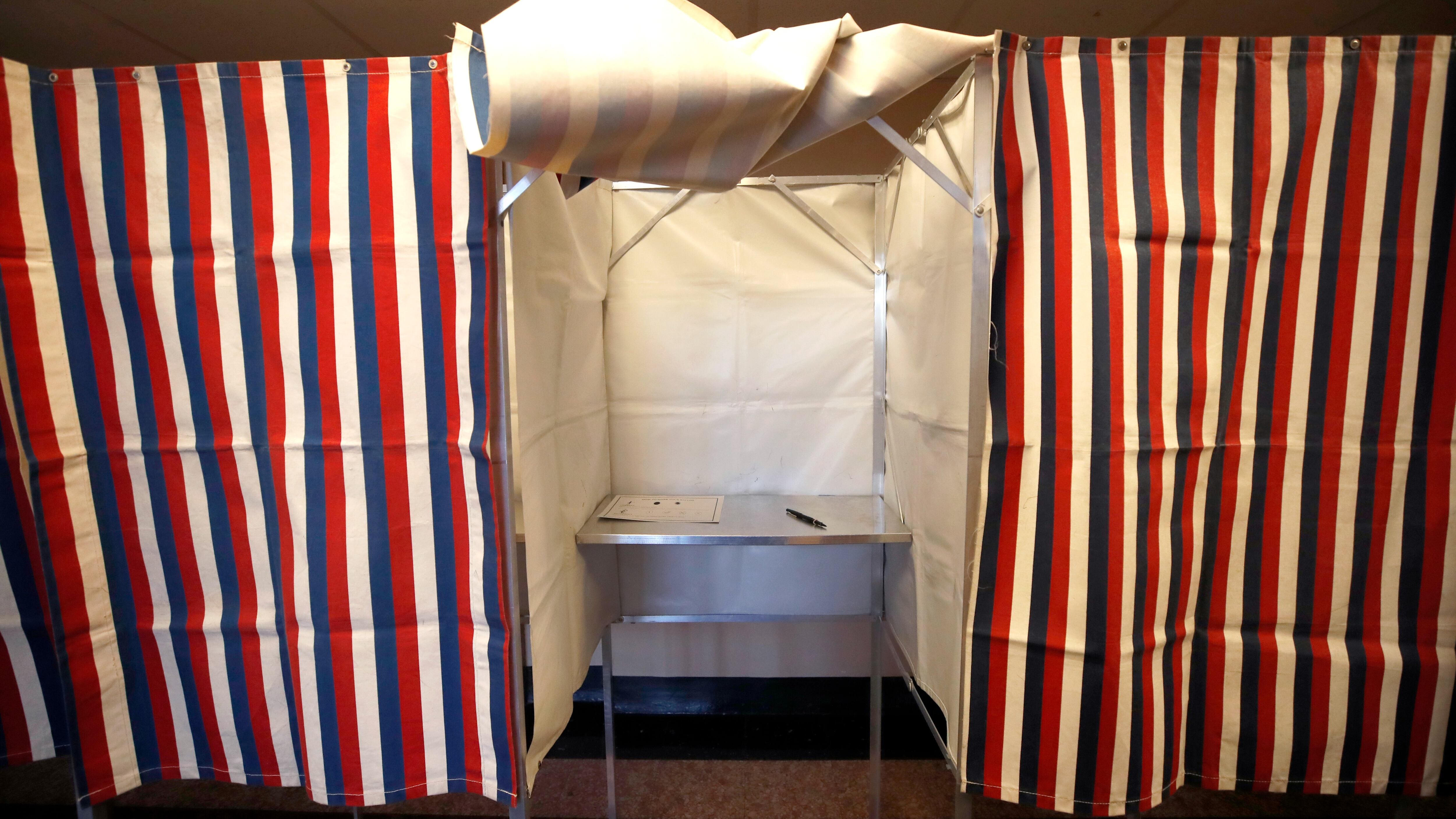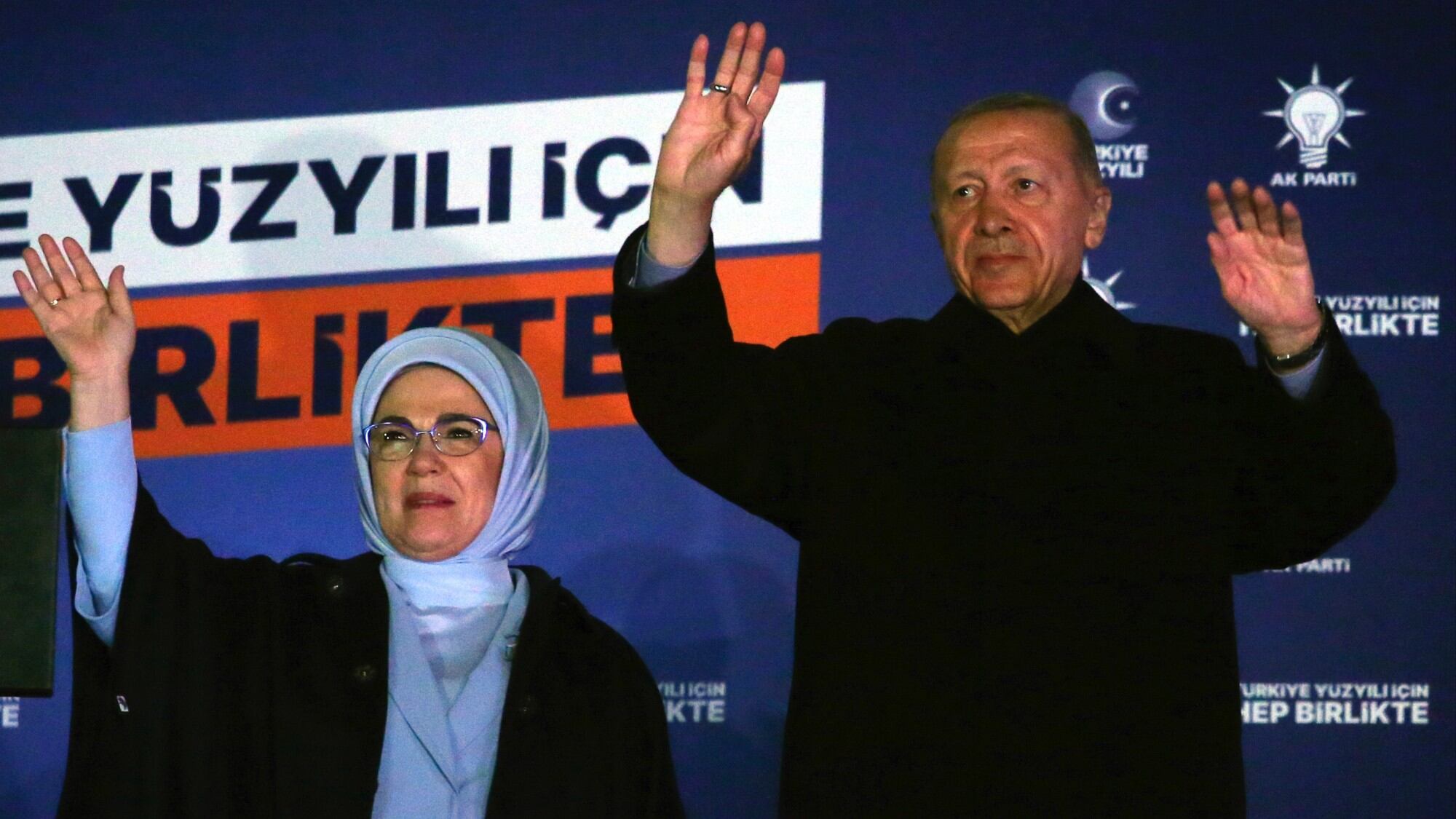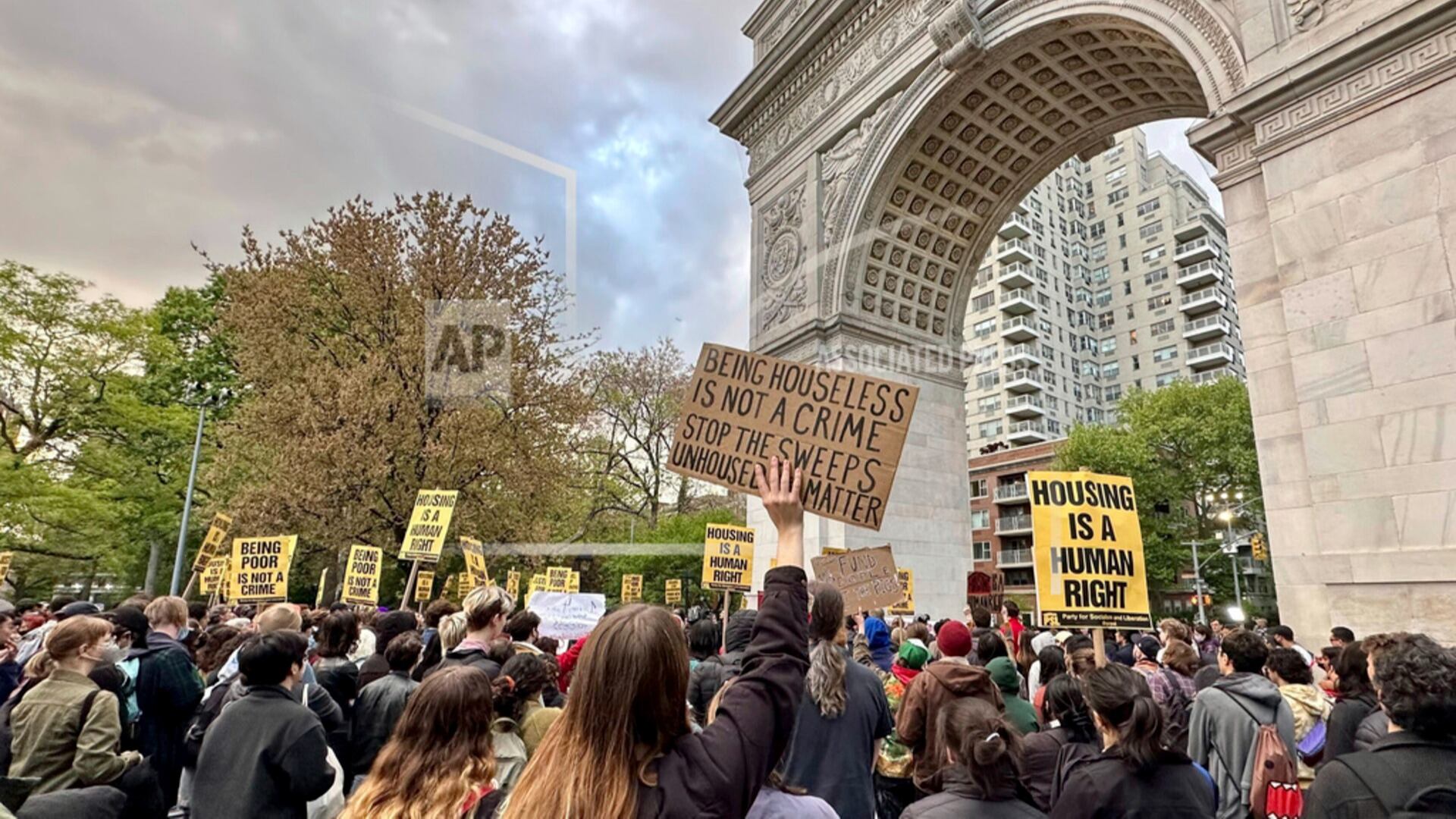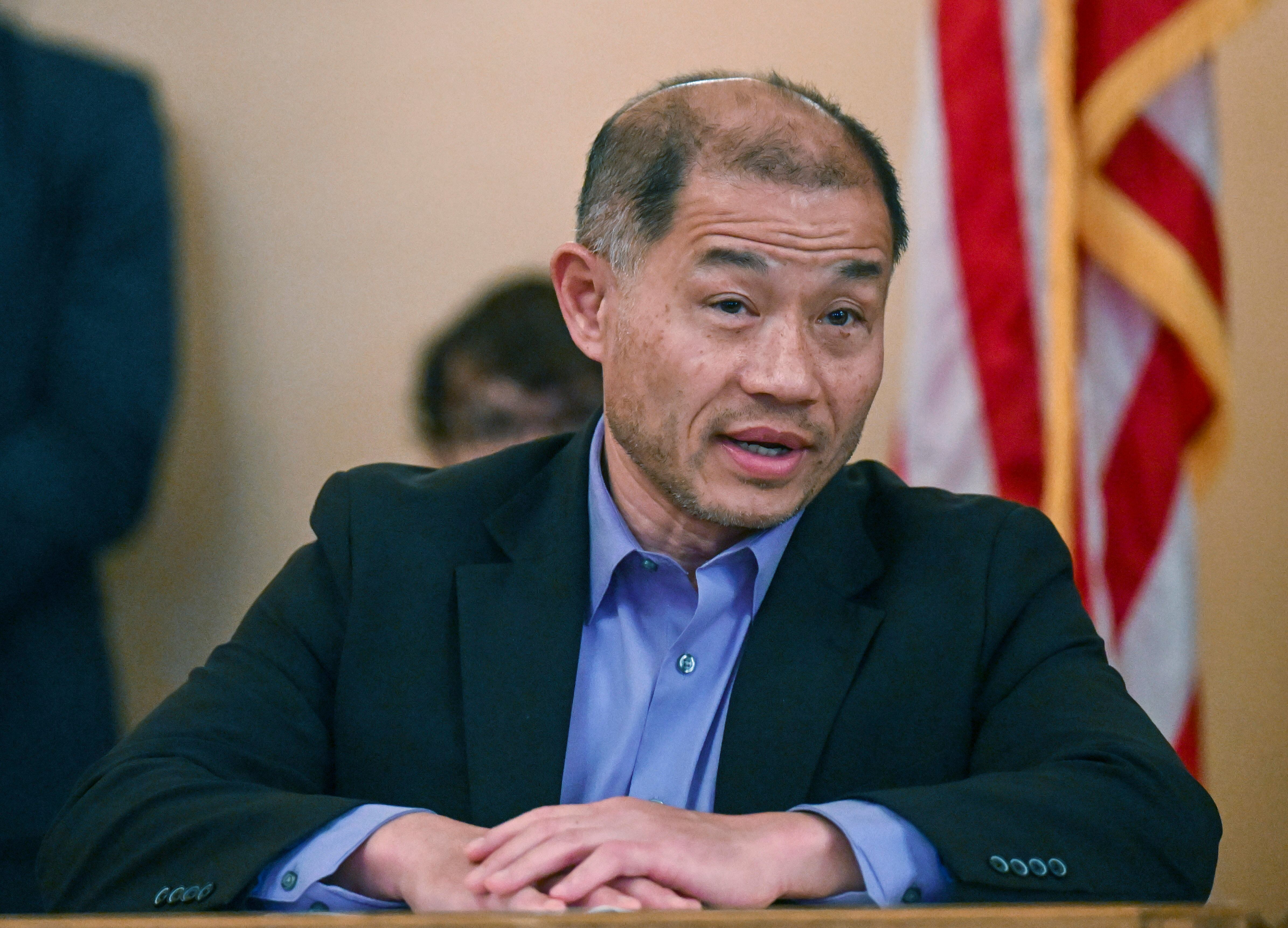By Josh Boak
WASHINGTON — President Joe Biden signed an executive order on Tuesday that contains more than 50 directives to increase access to child care and improve the work life of caregivers.
But the directives would be funded out of existing commitments, possibly including last year's laws financing infrastructure projects and building computer chip plants. That likely means their impact would be limited and possess more of a symbolic weight about what's possible. The Democratic president was far more ambitious in 2021 by calling to provide more than $425 billion to expand child care, improve its affordability and boost wages for caregivers.
"The executive order doesn’t require any new spending," Biden said in remarks at the White House. “It’s about making sure taxpayers get the best value for the investments they’ve already made.”
Biden also has called for more money for the care economy in his 2024 budget plan, drawing a sharp line with Republicans, who are seeking limits on spending.
Susan Rice, director of the White House Domestic Policy Council, told reporters on a phone call that the order shows that Biden isn't waiting on Congress to act.
“The child care, long-term care systems in this country just don’t work well,” Rice said. “High-quality care is costly to deliver. It’s labor-intensive. It requires skilled workers. Yet care workers, who are disproportionately women and women of color and immigrants, are among the lowest paid in the country.”
The order seeks to improve the child care provided to the offspring of federal workers, including military families. It plans to lower costs for families that are part of the Child Care & Development Block Grant program. Military veterans would get better home-based care. And the Department of Health and Human Services would raise pay and benefits for teachers and staff in the Head Start program.
Florida Gov. Ron DeSantis on Monday signed a bill that blocks public colleges from using federal or state funding on diversity programs, addressing a concern of conservatives ahead of the Republican governor's expected presidential candidacy.
A special prosecutor found that the FBI rushed into its investigation of ties between Russia and Donald Trump's 2016 campaign and relied too much on raw and unconfirmed intelligence as he concluded a four-year probe that fell far short of the former president's prediction that the “crime of the century" would be uncovered.
North Carolina Gov. Roy Cooper vetoed a bill passed by state lawmakers that would ban most abortions after 12 weeks.
U.S. Rep. Gerry Connolly of Virginia says a man with a baseball bat walked into his Fairfax office, asked for him, and then assaulted two members of his staff.
Thanks to recent advances in artificial intelligence, tools that can create lifelike photos, video and audio are now cheap and readily available.
In front of an exuberant crowd, North Carolina’s Democratic governor vetoed legislation Saturday that would have banned nearly all abortions in his state after 12 weeks of pregnancy.
Turkey’s presidential elections appeared to be heading toward a second-round runoff on Monday, with President Recep Tayyip Erdogan, who has ruled his country with a firm grip for 20 years, leading over his chief challenger, but falling short of the votes needed for an outright win.
As the US braces for the what's the follow after the end of the Title 43 pandemic-related restrictions, experts discuss the ramifications with Cheddar News.
A man who kept a chokehold around the neck of an agitated fellow passenger in the New York City subway has turned himself in on a manslaughter charge.
New York State Senator John Liu spoke with Cheddar News about Asian-American representation in politics, his bill to make Asian-American history mandatory in schools, and the ongoing hate crimes against his community. State Sen. Liu also discussed the debate over student loan forgiveness and gave his take on artificial intelligence in education.
